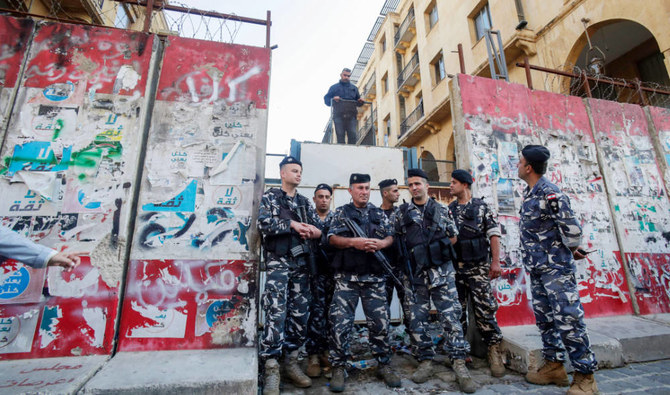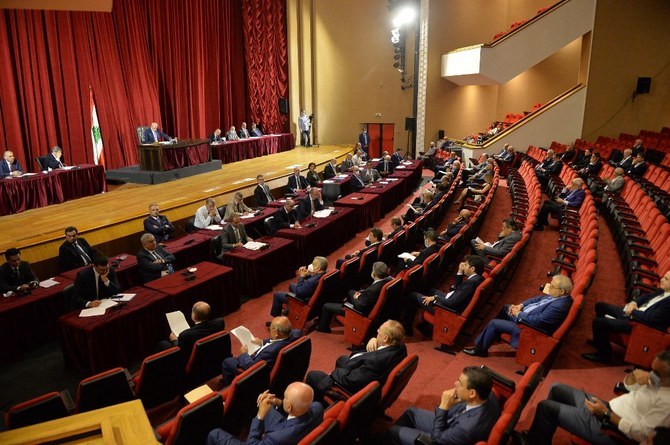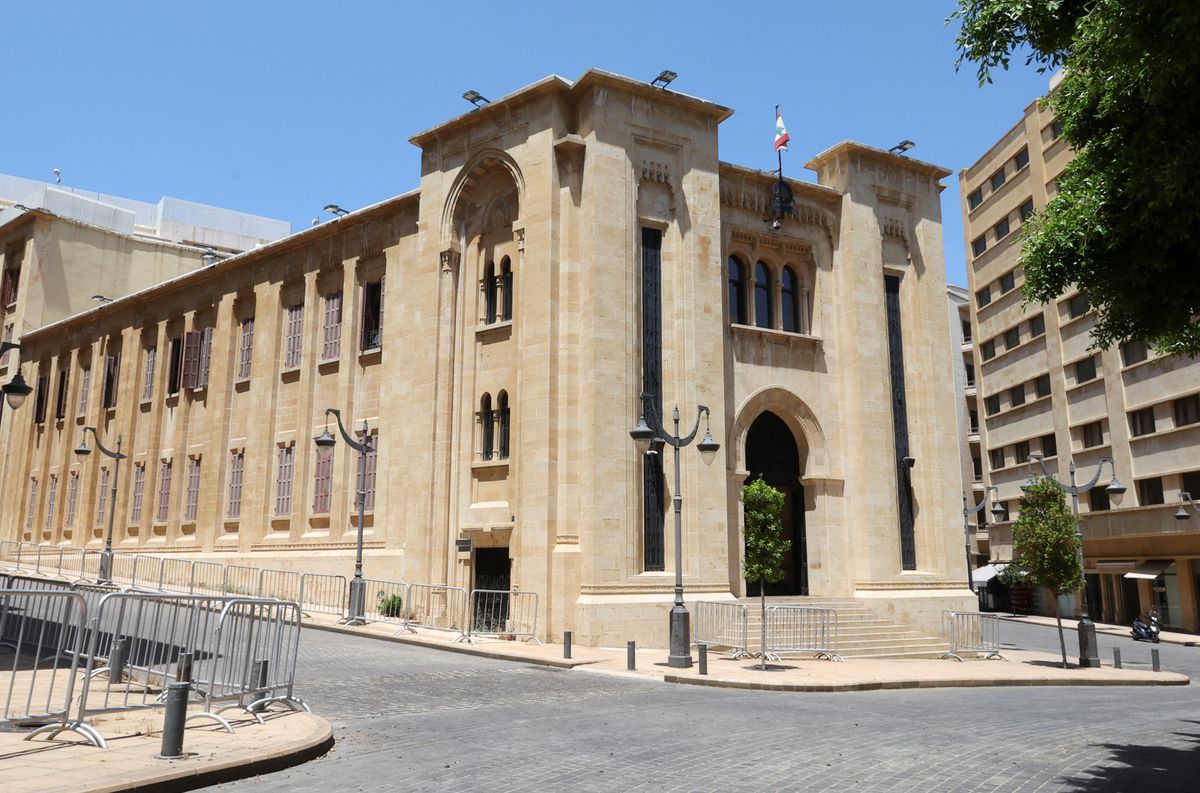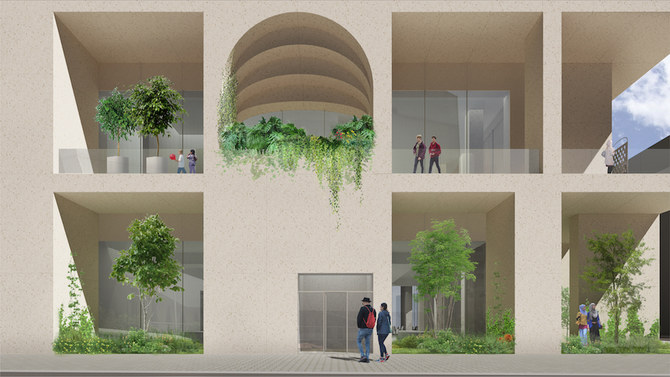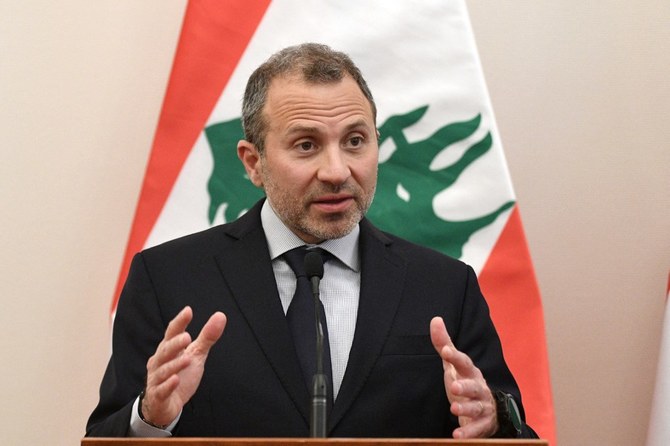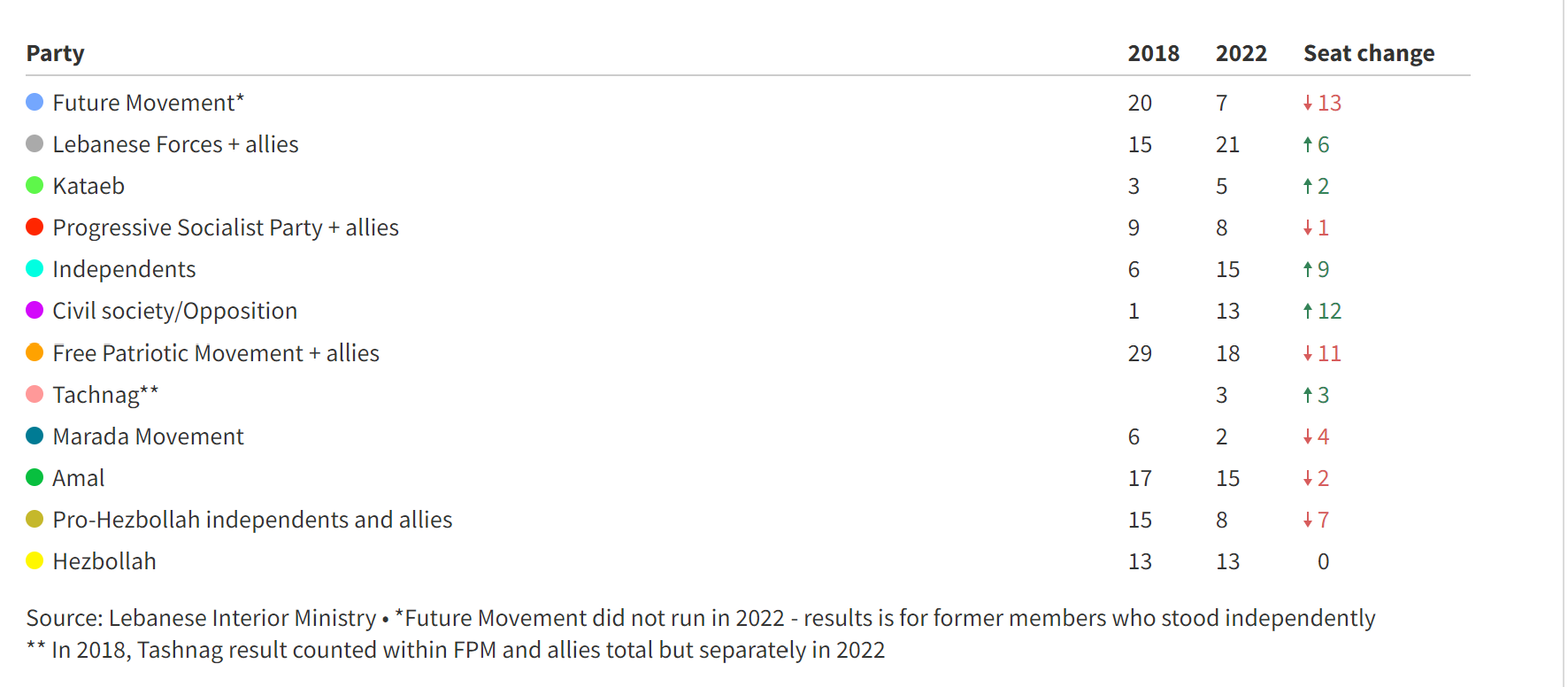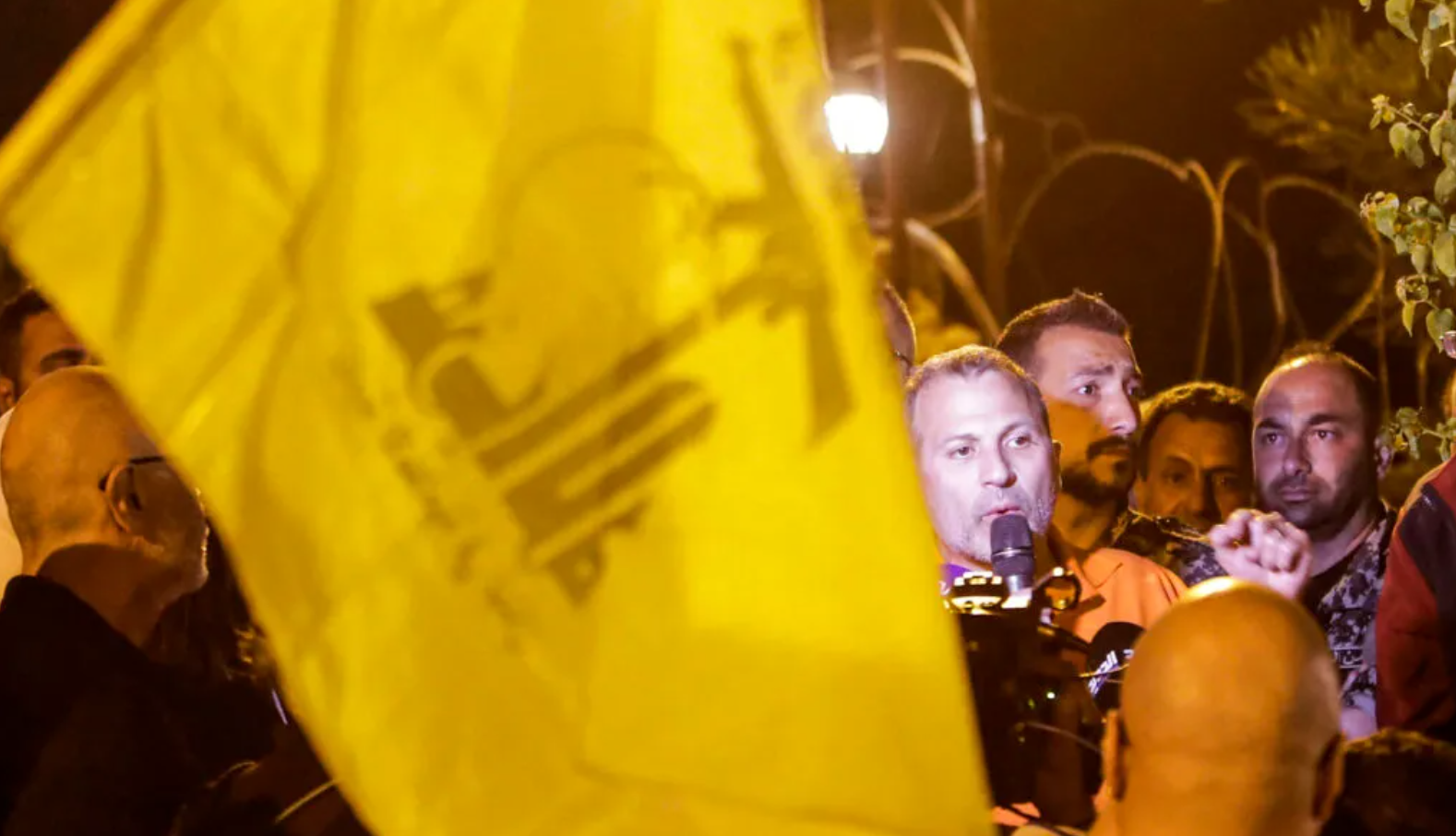
by Dr AmiraDr Amira Abo el-Fetouh — middleeastmonitor — The whole world has watched the parliamentary elections in Lebanon, as if they are taking place in their countries due to the nature of Lebanon and its important strategic location, adjacent to Israel, as well as the presence of Hezbollah, one of Iran’s most important arms in the region, given its overwhelming influence in Lebanon. This has made Lebanon into a State within a State, with Iran as the de facto ruler, holding the keys and the wheel of the government. This is in addition to the armed militia it possesses in the country, armed with missiles, weapons, military equipment and fighters, amounting to over 100,000 according to Hezbollah’s Secretary-General, Hassan Nasrallah, who added that Iran pays them their pension, food, drink, treatment and housing; everything is provided by Iran. This is what caused the Lebanese people to say that Iran occupies Lebanon and that it needs to be liberated and gain independence from Iran. The Lebanese words are not coming out of nowhere, or merely words for the sake of words; it comes from their anger at Hezbollah’s infiltration of all parts of Lebanon. They were even backed by one of the Iranian political officials in Iran, who said, “Iran occupies four Arab capitals, Lebanon, Iraq, Syria and Yemen.” Hezbollah had previously stormed and occupied Beirut and Al-Jabal in the events of 7 May, 2008, with what was known as the “black shirts”.
Herein lies the importance of the recent parliamentary elections, which some considered a key stage in Lebanon, especially as they came amid a severe economic crisis, bank bankruptcy, loss of Lebanese deposits, increase in inflation rates, massive poverty and a significant decline in its national currency, which lost about 90 per cent of its value, causing the Lebanese people to become frustrated and refrain from participating in the elections and voting. The people have grown tired and disgusted with the ruling clique, which will be brought back in the elections. This is because the sect leaders do not change or step down until they die, and then their children inherit their seats, and they are recycled. This is why the participation rate in these elections was much lower this year, compared to the past elections in 2018, even amongst the Shia sect, despite Nasrallah and Berri urging their Shia supporters to participate in large numbers and tempting them with money.
